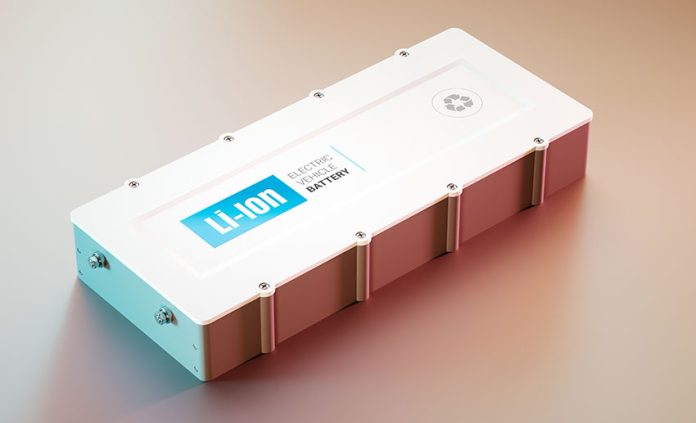A decision by Mexico to search for advice from the Bolivian government on lithium extraction for reserves in Sonora has been ridiculed by lithium experts from the South America country.
Juan Carlos Zulueta, a consultant with 25 years with the metal, said Bolivia is the last place the Mexican government should look for expertise and pointed to nationalization as evidence of its misguided approach.
Despite boasting one of the world’s biggest lithium reserves — 20 million tonnes which are needed to satisfy growing battery demand from electric carmakers worldwide — Bolivia has yet to exploit its opportunity.
President López Obrador announced last week that Mexico has an agreement for consultation with the Bolivian government. “… we are going to have a diagnosis and a proposal soon. With the visit [last March] of the president of Bolivia, Luis Arce, it was agreed that due to the experience they have in the exploitation of this mineral that they would help us to analyze what is the best way forward …” he said.
Zulueta said the technical challenge of extraction in the two countries is incompatible. “How can Bolivia advise Mexico on something that it has done so badly? It seems a total absurdity. Bolivia lacks experience: one thing is what is required in the Bolivian deposits in the Potosí salt flats and another is what is needed in the Mexican clays in Sonora,” he said.
“Exploiting lithium from clays is something absolutely new. How could Bolivia advise on such a complex matter on which it lacks expertise and it has been shown that everything it has done so far still does not work, with 10 years that have been wasted? The same could happen in Mexico,” he added.
Zulueta said the consultation had more to do with politics than business pragmatism. “Mexico should stay away from nationalist and populist adventures and anxieties … It is wasting time with this kind of nonsense of political cronyism …” he said.
Oscar Ballivian, a Bolivian engineer with more than 40 years of experience with lithium, also attested to the technical difference of extraction in Bolivia compared to Mexico. “It is strange to read that Bolivia is going to advise Mexico … It cannot technically … because Mexico’s clays are totally different from Bolivia’s brines,” he said.
He also laid out the numbers which prove Bolivia’s poor showing in extraction. “With an investment by the Bolivian government of about US $1 billion in 10 years, the accumulated production of lithium carbonate in that period is barely close to 500 tonnes, which becomes only 100 tonnes of metal for batteries and electric cars,” he said.
Ballivian’s advice was to focus on the production chain rather than the raw mineral. “Lithium is good business when you participate in the entire chain, from production with raw materials to batteries and electric cars. They move billions of dollars … Production alone is simply a business inferior to silver, gold and other minerals. It moves very little: the business is in the chain,” he said.
Zulueta said Bolivia’s advice to Mexico should be clear: “don’t nationalize … don’t make the mistake of exploiting lithium on its own.”
Source: El Universal (sp)
